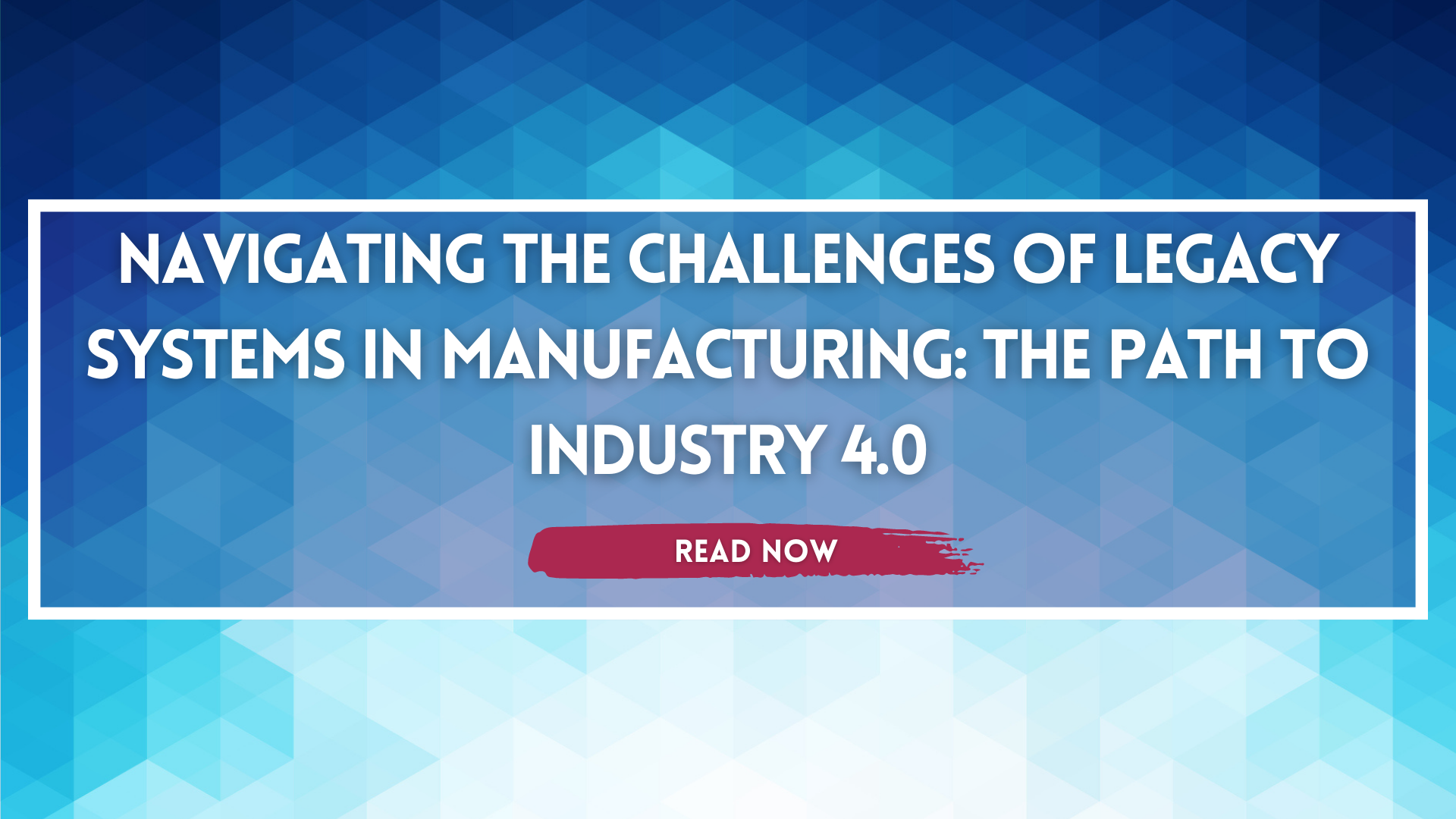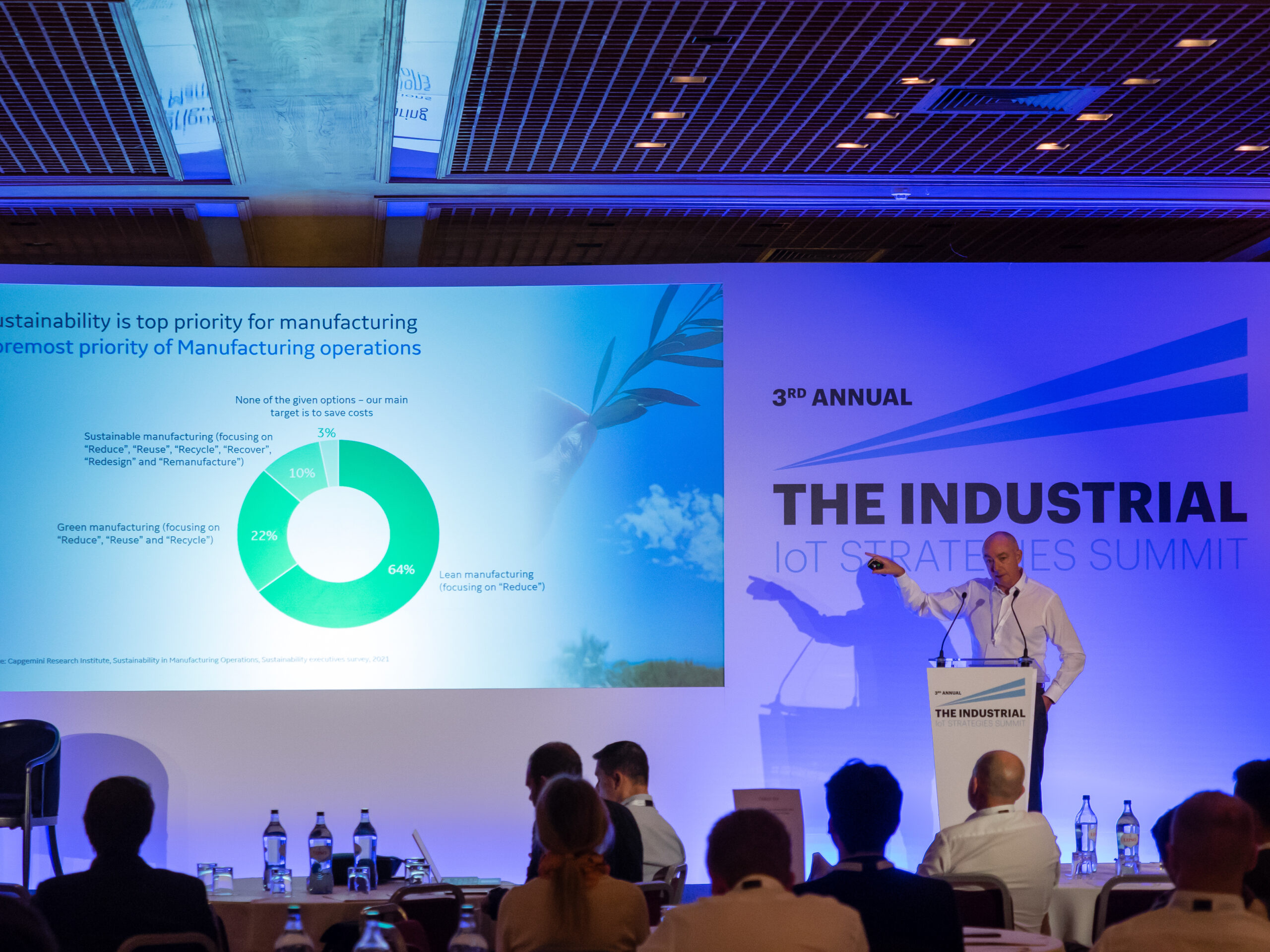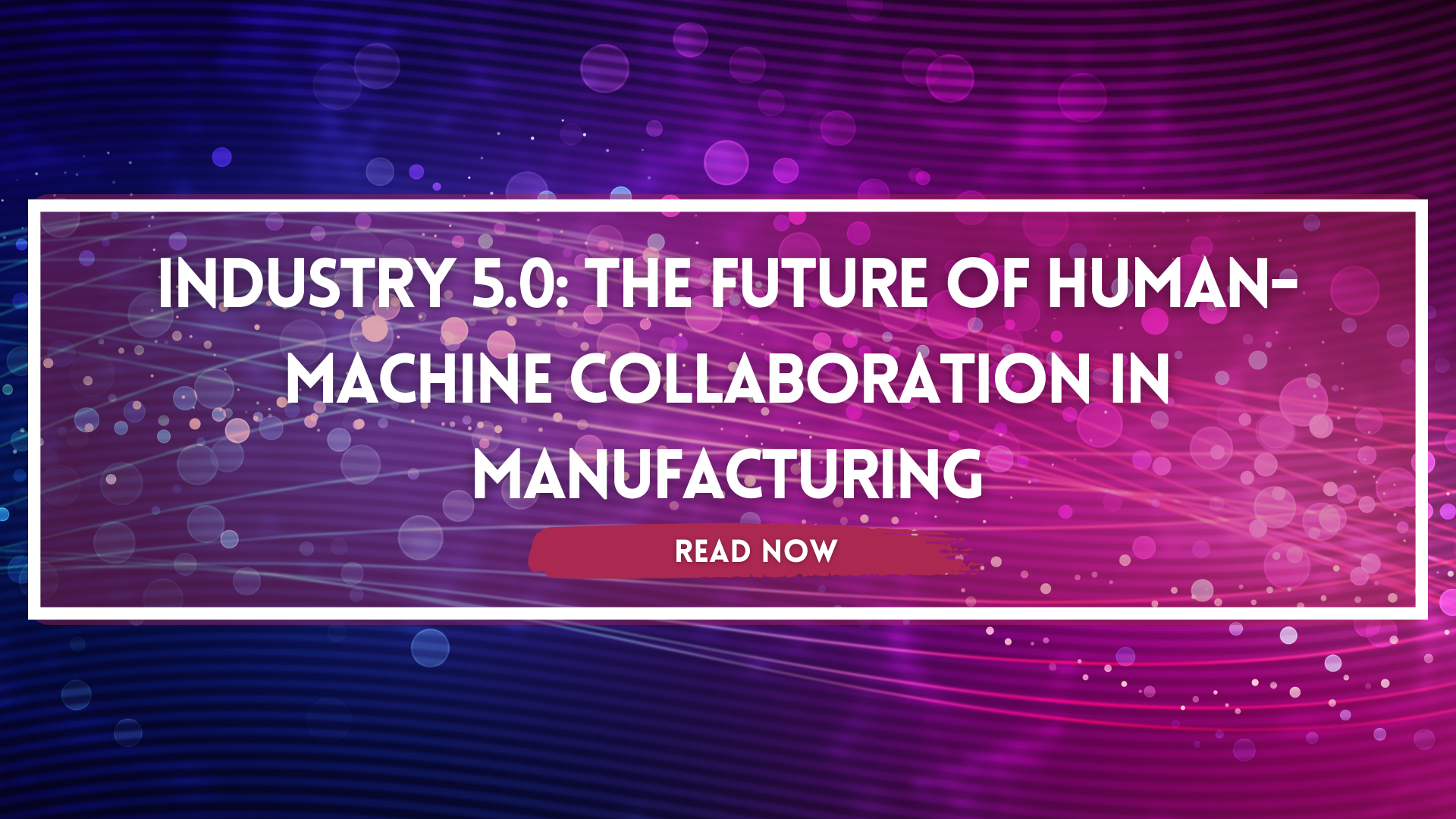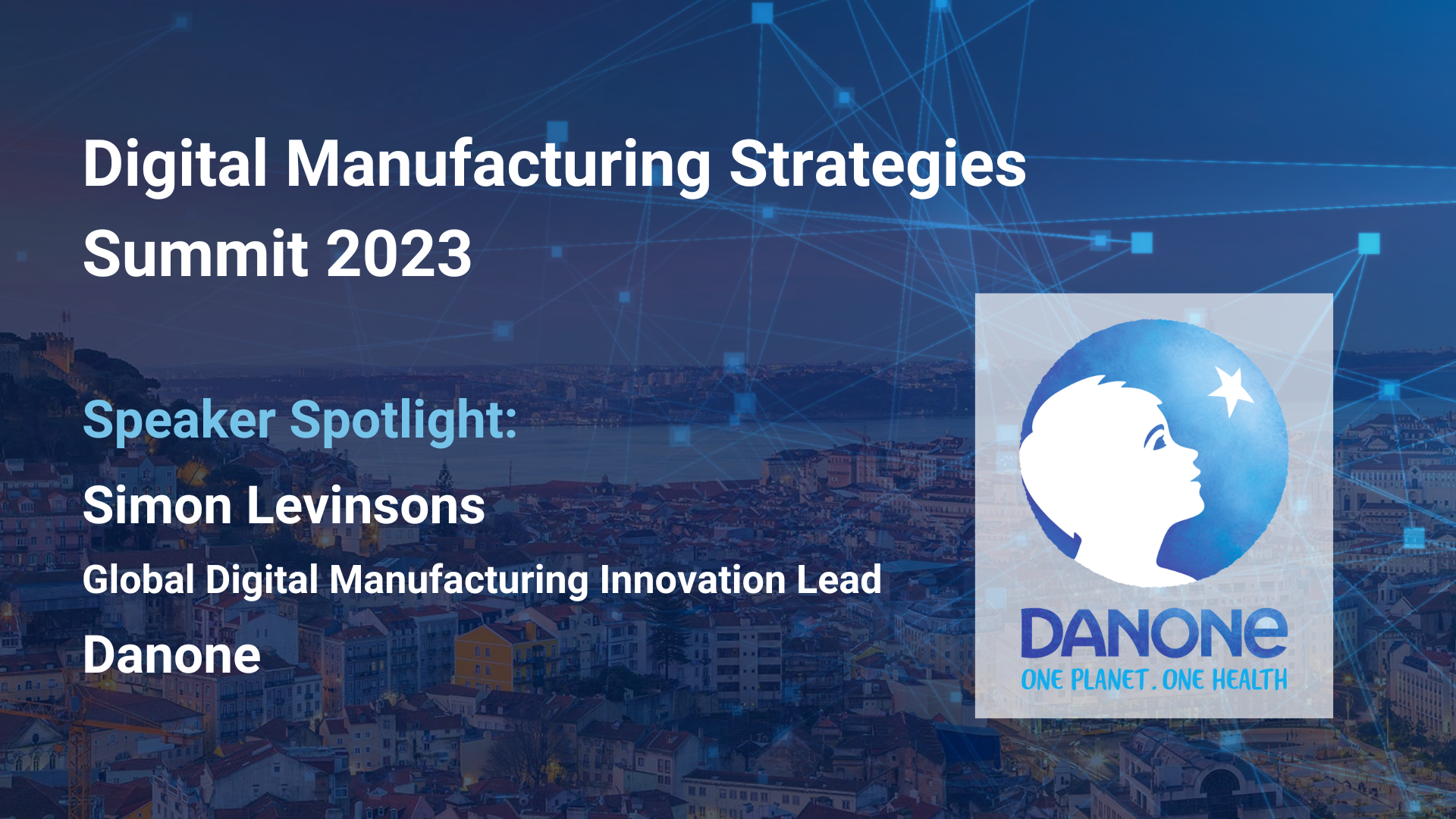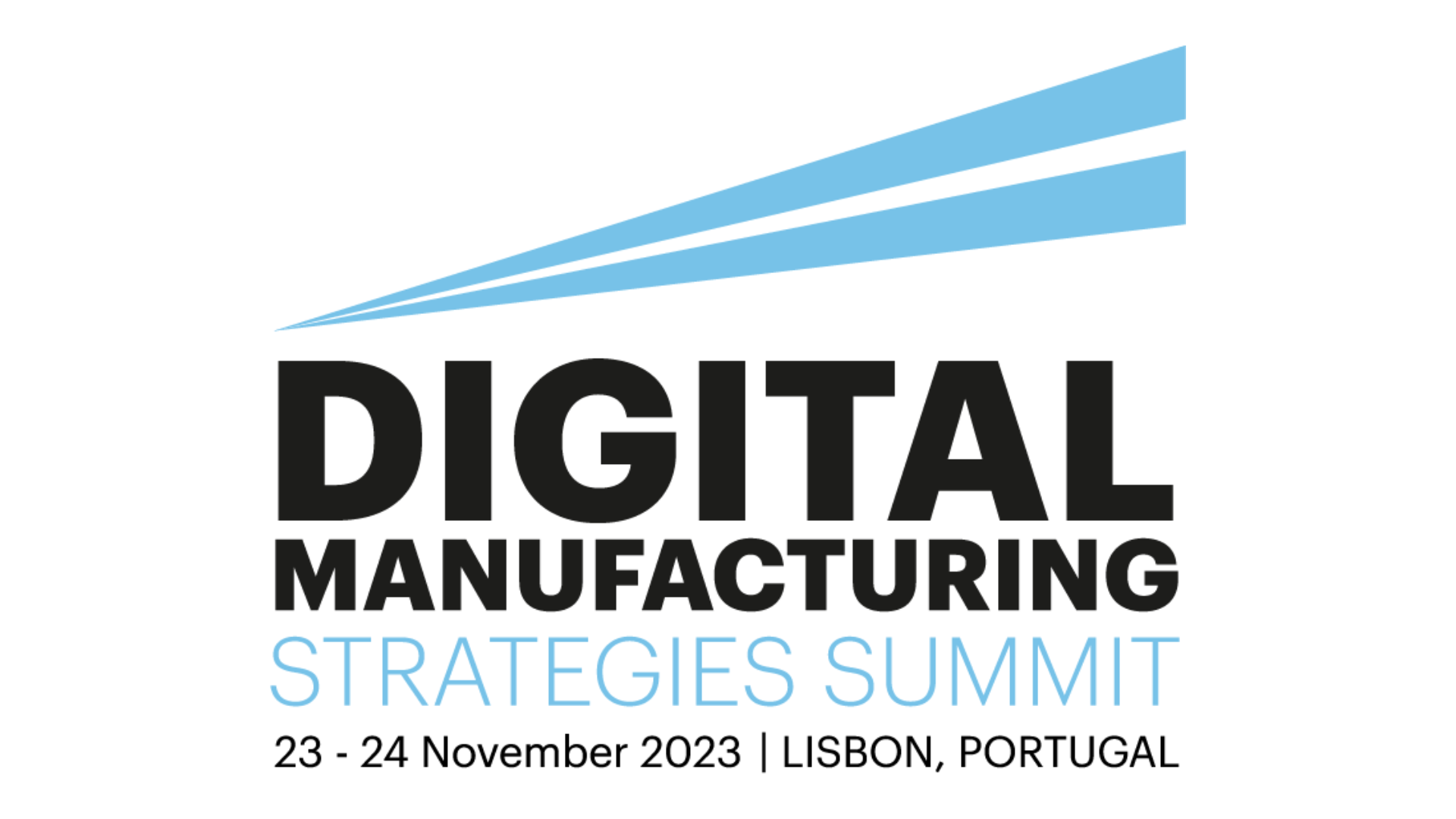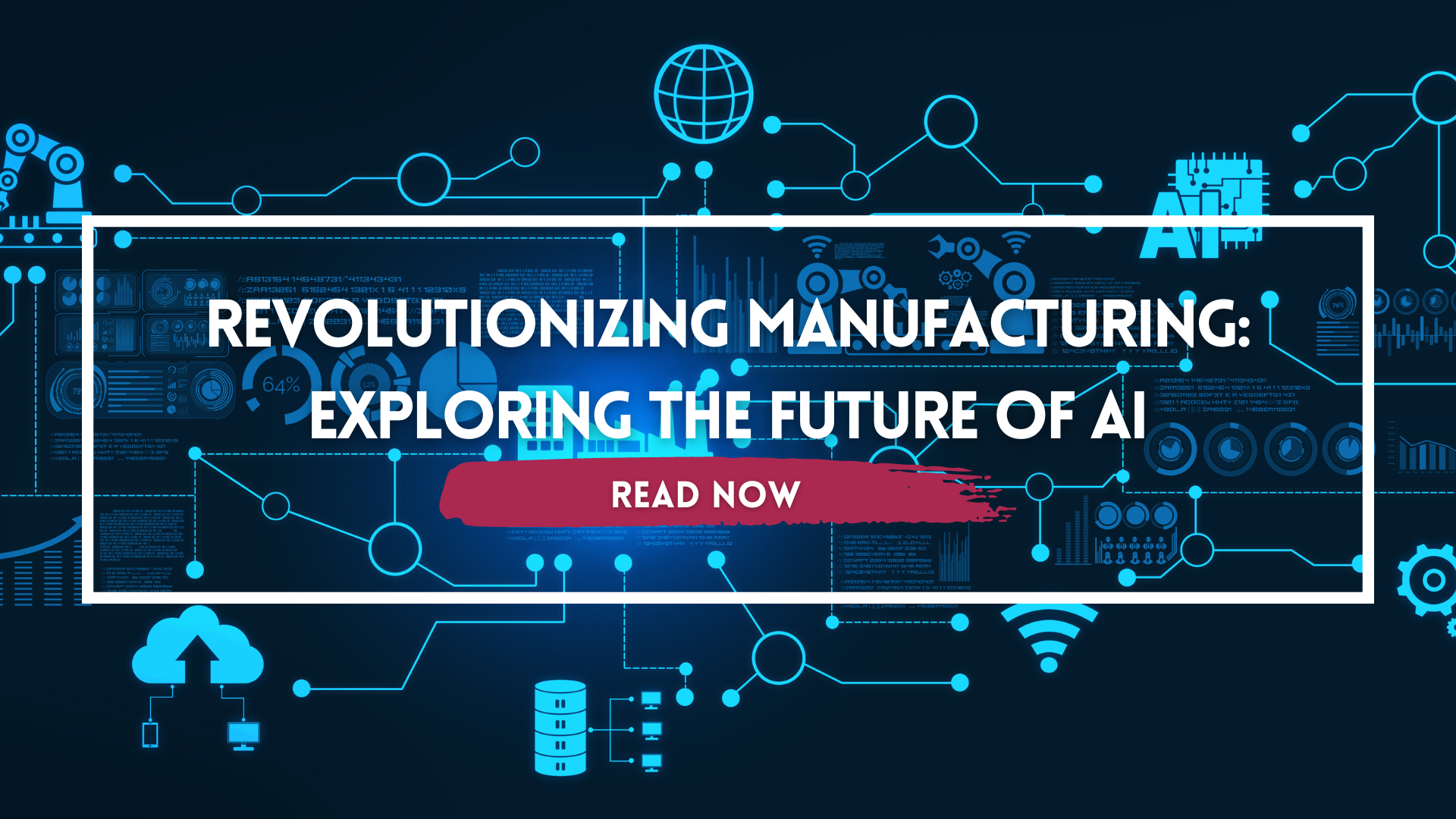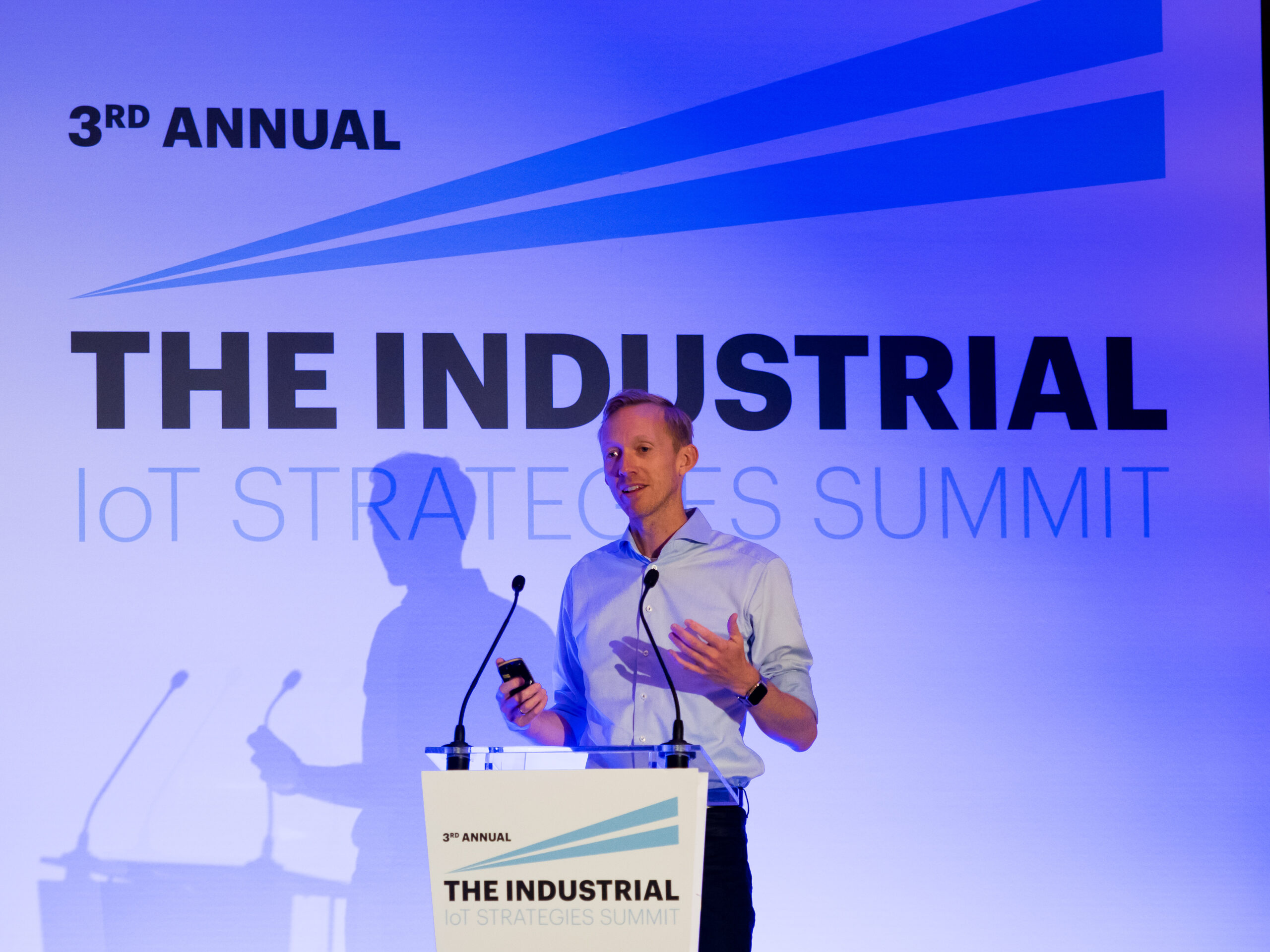For decades, manufacturers have relied on legacy systems to drive their operations. These robust, tried-and-tested infrastructures have stood the test of time, becoming a bedrock for enterprises around the world. However, with the advent of Industry 4.0, the narrative is shifting. Now, the primary question for senior manufacturing executives is not just about the reliability of these systems but about their compatibility with the technologies heralding a new industrial era.
The Challenge of Legacy Systems in Manufacturing
Legacy systems, as their name suggests, have often been in operation for many years. They are entrenched in the processes, operations, and often the culture of the organisation. Herein lies the challenge:
Data Integrity & Migration:
At the heart of any manufacturing operation is its data – from supply chain specifics to detailed product specs. Transitioning from a legacy system to a new one risks data corruption or loss.
Operational Downtime:
Any change to a system might require halting operations. This is a critical concern in a sector where downtime can translate into significant losses.
Integration Issues:
Modern systems need to interact seamlessly with myriad other systems. How can you ensure that the new system will work effectively with other legacy systems that might still be in play?
Modernisation Strategies
Given these challenges, what strategies can manufacturing leaders employ to modernise their legacy systems effectively?
Incremental Overhauls:
Instead of a complete system overhaul, consider an incremental approach. This reduces the risk of operational downtime and allows for iterative testing and development. For example, start by modernising a subsystem or a module and then progress from there.
Hybrid Systems:
A hybrid approach leverages the reliability of the legacy system while integrating it with new technology. This allows manufacturers to utilise newer features without a complete migration.
Data Wrappers:
Use data wrappers to abstract and standardise the data from legacy systems, making it easier to migrate to new systems. This approach protects data integrity and provides an interim solution while considering a full migration.
Partner with Experts:
Collaborating with tech partners who specialise in the modernisation of legacy systems in manufacturing can help navigate the intricate journey of integration. They bring the expertise of having dealt with similar challenges across different organisations.
Emphasise Training:
New systems, even if integrated incrementally, will have a learning curve. Continuous training programs will ensure a smoother transition, empowering the workforce to adapt more efficiently.
The Promise of Industry 4.0
While the path to Industry 4.0 might seem riddled with challenges, the end goal promises unparalleled operational efficiency, data-driven insights, and a competitive edge in a rapidly evolving market. Technologies such as IoT, AI, and advanced analytics can only integrate effectively into manufacturing operations if legacy system challenges are addressed head-on.
Join the Digital Manufacturing Strategies Summit – save £999 on your delegate ticket!
Intrigued by the potential of Industry 4.0 and the journey of integrating legacy systems? We invite you to register for the Digital Manufacturing Strategies Summit, a unique gathering of industry leaders and experts discussing and strategising the future of manufacturing.
Register now for a free delegate pass and take the next step towards a brighter, more integrated future for your operations.
Save £999 today – Register here with discount code COMP.
Interested in joining as a sponsor?
Get in contact now with Robi.Harper@intrinsic-communications.com to find out more!
